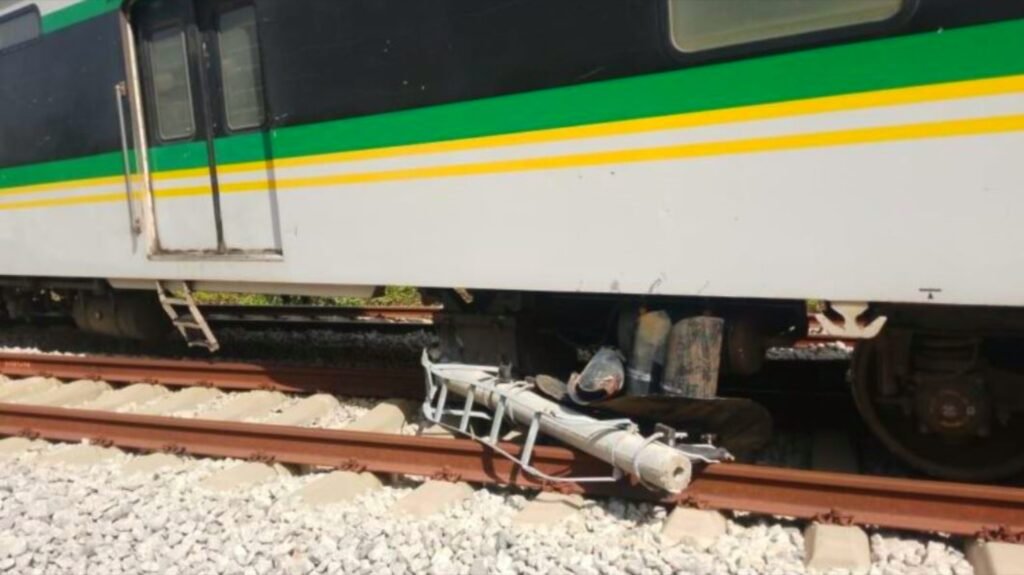Nigeria’s telecom operators are facing increasing financial pressures due to the economic downturn. To cut costs, some operators have implemented load shedding, reducing the number of operational base stations in certain areas. This practice prioritizes high-revenue areas, resulting in varying service quality across the country.
The operators have been advocating for a tariff increase to offset rising costs, but the government has been hesitant to approve it. Instead, the government has urged operators to explore innovative solutions.
Rising Costs and Infrastructure Challenges
The economic crisis has significantly increased operating costs for telecom operators. The devaluation of the Naira, coupled with the high cost of diesel for powering base stations and transportation, has strained their finances.
To cope, operators have resorted to reducing their infrastructure footprint. This includes extending mast coverage areas and cutting back on investments in new technologies like 5G. These measures have led to poorer service quality in some areas.
Insecurity and Service Disruptions
Insecurity in certain regions has further impacted service quality. Damaged base stations and the inability to send maintenance personnel to affected areas have resulted in disruptions.
Regulatory Measures and Challenges
The Nigerian Communications Commission (NCC) has introduced new quality of service regulations to address the deteriorating service quality. However, achieving these targets may be challenging given the current economic conditions and infrastructure constraints.
The telecom industry is facing a difficult period, navigating the complexities of a struggling economy while striving to maintain quality services. The industry’s future will depend on its ability to adapt to these challenges and find sustainable solutions.







